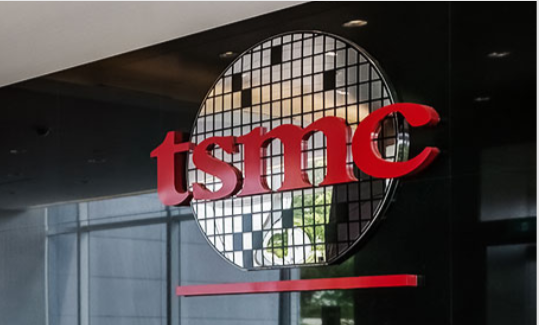The major European mobile operators are weighing up a blanket ban on mobile advertising, enforced through ad-blocking software installed at the carrier level, according to the Financial Times.
Such a move would have a potentially calamitous impact on both apps and websites funded by mobile advertising—the vast majority of them, in other words. It would also strike at the heart of Google’s business model, which appears to be the point. Ads embedded in feeds (such as those on Twitter and Facebook) would be exempt, the FT says.
The blocking technology itself is developed by an Israeli startup called Shine. The company points to large data drains as one of the reasons mobile ads are bad for carriers and consumers, and seems unrepentant about the effect its software could have on publishers.
“We believe ad blocking is a right, full-stop,” Shine’s chief marketing officer Roi Carthy told Business Insider. “If the consumer decides to use it, we believe that it should be their right, and they should be able to do it with full integrity… nobody [in business] has a God-given right to exist.”
Anonymous sources say the system could be opt-in to begin with or may be limited to certain types of ads. However, a blanket ban is also being considered, which suggests no firm decisions have yet been made.
But for sites who rely on the billions of dollars spent on mobile advertising every year, it’s going to set alarm bells ringing. Consumers will no doubt enjoy an ad-free experience on mobile—but how would they feel about their favorite sites shutting down?
Mobile Turf Wars
Given the huge ramifications of such a move, this is not something carriers are going to be able to deploy quietly or without a great deal of regulatory red tape. It may be that they’re merely testing the waters in an attempt to get Google to the negotiating table.
All over the world, carriers labor under the impression that running data networks—often highly profitably—should rightfully entitle them to a cut of the activity that takes place on those networks. Europe’s are no exception. The FT’s Robert Cookson recycles this age-old carrier grievance as established fact:
Many mobile operators are frustrated that digital media companies profit from their high-speed networks without having to invest in the infrastructure behind them. Such irritation was inflamed last month when Google launched Project Fi, its own wireless carrier in the US.
Of course, the carriers are already handsomely paid … by their actual customers. (Even Google’s Project Fi is going to end up paying Sprint and T-Mobile, since it’s reselling their bandwidth.) What they’d really like, though, is to get Google and other Internet companies to cough up some extra cash. As ReadWrite’s Dan Rowinski noted here last year:
What [carriers] want is the freedom to levy additional fees on service providers—in essence, so they can get paid twice for transmitting the same data. Economists call this “rent seeking,” and it’s basically the antithesis of competitive, customer-focused behavior.
And to do that, they’re willing to consider what’s basically a high-tech stickup. Cookson again:
The idea is to specifically target Google, blocking advertising on its websites in an attempt to force the company into giving up a cut of its revenues.
Google argues that it has its own infrastructure to invest in—data centers to power YouTube, Gmail and its other products—and that adverts are crucial in funding the free services users rely on.
As the Wall Street Journal reported last year, Shine is also in discussions with carriers in the US. How close any operator is to applying a block on advertising isn’t clear, but Verizon’s $4.4 billion purchase of AOL—largely, it seems, for the company’s advertising-automation technology—suggests it won’t be stamping on online publishers anytime soon.
It doesn’t seem likely that legislators would let operators pick and choose the data they display on websites, no matter how unsightly pop-up ads are—but the EU is no friend of Google’s dominance of advertising and search either, so it’s difficult to predict how the debate will pan out.
What’s clear is that the multinational corporations already making millions from consumers are eager to get a bigger slice of the pie any way they can, with mobile advertising likely to be the next battleground.
Lead image courtesy of Shutterstock









